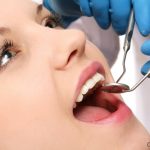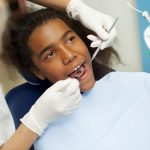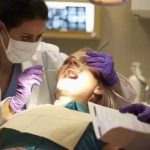Day 5 Post Wisdom Teeth Removal Diet: What Foods Can I Eat?
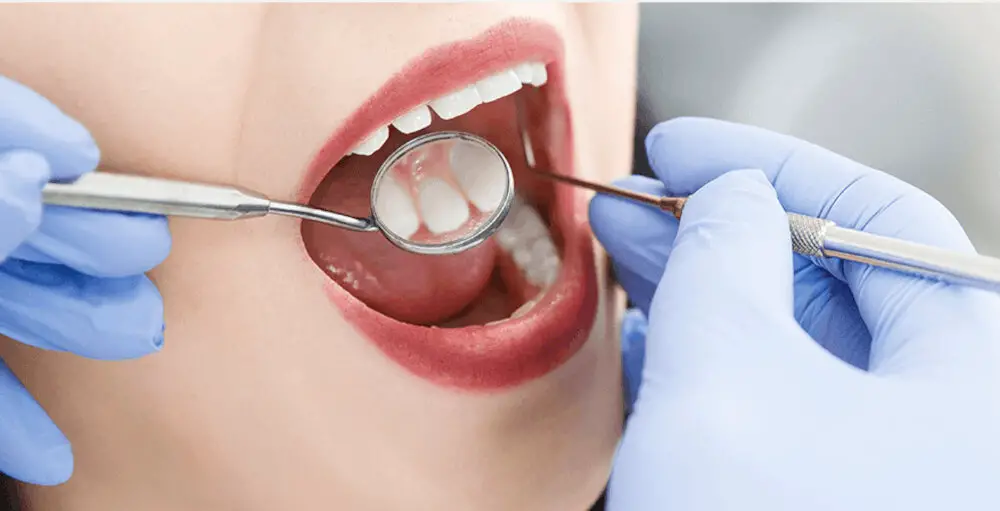
Wisdom teeth removal can be a painful and uncomfortable experience, and one of the most significant concerns for patients post-surgery is their diet. Eating the wrong kinds of food can cause pain, swelling, and even infection in the wound area. Therefore, it is essential to follow a strict diet plan during the recovery period to ensure a speedy and healthy recovery. Day 5 post wisdom teeth removal marks a significant milestone in the recovery process. By this time, most patients will have begun to experience a reduction in swelling and pain, allowing them to start reintroducing solid foods into their diet gradually. However, it is crucial to keep in mind that the wound area is still healing and sensitive, so it is essential to avoid certain foods that can cause further discomfort. In this article, we will explore what foods are safe to eat on day 5 post-wisdom teeth removal and what foods you should avoid to promote a smooth and speedy recovery.
Why a Soft Foods Diet Is Important

After wisdom teeth removal, dentists often recommend a soft foods diet to help avoid complications and promote healing. A soft foods diet is important because it allows the extraction site to heal without the risk of food particles getting lodged in the wound. Hard, crunchy, and chewy foods can irritate the extraction site and lead to infection or dry socket. A soft foods diet can help prevent this by providing foods that are easy to chew and swallow without putting pressure on the extraction site. Soft foods such as soups, yogurts, and mashed potatoes are recommended as they are gentle on the gums and do not require excessive chewing. Additionally, soft foods are easy to digest, which can be beneficial for patients who may experience nausea or vomiting after surgery. Furthermore, a soft foods diet can help alleviate pain and discomfort associated with wisdom teeth removal. Eating hard or spicy foods can irritate the gums and cause pain, but soft foods can provide relief by being more gentle on the mouth. Foods like smoothies, applesauce, and scrambled eggs can be nutritious and satisfying while still being easy on the teeth and gums. It is important to note that a soft foods diet should be maintained for several days after surgery to ensure proper healing and avoid complications. By following a soft foods diet, patients can promote healing, reduce pain and discomfort, and avoid complications like infection or dry socket.
After wisdom teeth removal, the mouth goes through a healing process, and it is essential to follow a specific post-surgery diet to avoid complications. Soft foods are necessary during this time because they are easy to chew and swallow, which reduces the risk of damaging the surgical site. Consuming hard or crunchy food can cause pain, bleeding, and even infection. Soft foods such as mashed potatoes, scrambled eggs, and soups are also nutrient-dense, which aids in the healing process. Additionally, soft foods require less effort to eat, which means less stress on the jaw and mouth muscles. It is crucial to avoid hard, sticky, or crunchy foods for at least a week after wisdom teeth removal to ensure a smooth recovery.
A soft foods diet can be beneficial for a variety of reasons, especially after wisdom teeth removal. Soft foods are easy to chew and swallow, which can help prevent pain and discomfort in the mouth. Additionally, soft foods are often high in nutrients and can help promote healing and recovery. Foods such as yogurt, mashed potatoes, scrambled eggs, and smoothies are all great options for a soft foods diet. In addition to aiding in recovery, a soft foods diet can also be helpful for individuals with dental problems, digestive issues, or difficulty swallowing. Overall, a soft foods diet can be a healthy and beneficial choice for anyone looking to give their mouth a break or promote healing after a dental procedure.
Foods to Eat on Day 5 Post Wisdom Teeth Removal
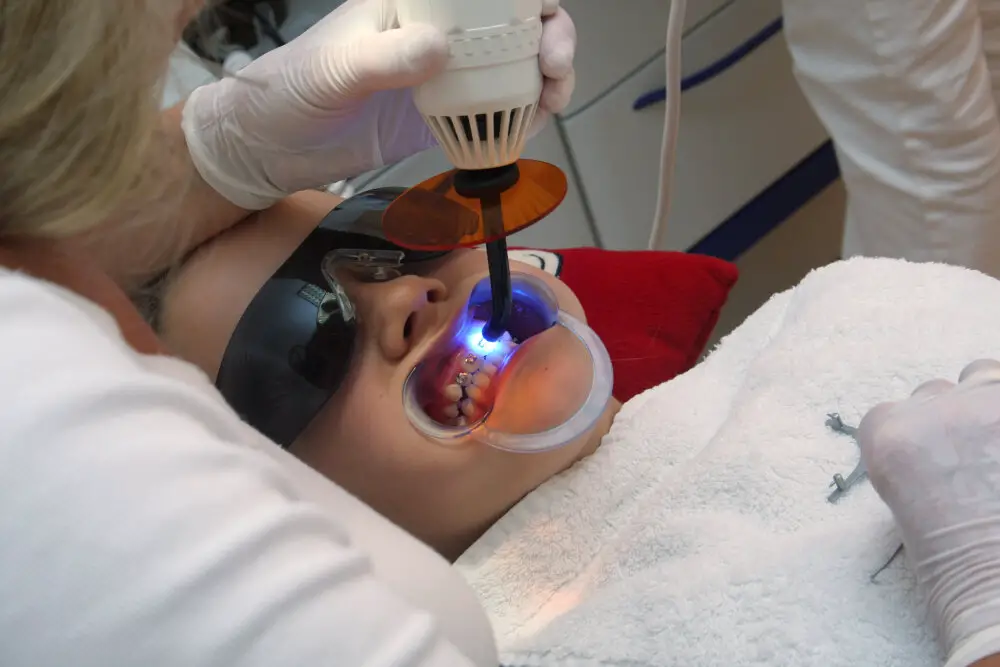
After five days of recovery from wisdom teeth removal surgery, your body is slowly healing and getting back to its normal routine. However, it’s still important to be mindful of the foods you consume to avoid any complications or setbacks in the healing process. Foods that are soft and easy to chew are still recommended to prevent any irritation to the surgical site. You can incorporate foods such as oatmeal, mashed potatoes, scrambled eggs, and soft fruits like bananas or avocado. These foods provide the necessary nutrients to aid in the healing process while being gentle on your mouth. It’s also important to avoid foods that are crunchy, spicy, or acidic as they can cause discomfort and irritation. Foods like chips, popcorn, and raw vegetables should be avoided at this stage. Additionally, beverages like soda, alcohol, and hot drinks should be avoided as they can also cause discomfort and hinder the healing process. Instead, opt for cool or lukewarm drinks like water, smoothies, or milk. Remember to take small bites and chew slowly to avoid any discomfort or pain. By following a soft food diet, you can ensure that your recovery process is smooth and successful.
On the 5th day after wisdom teeth removal, it is important to continue eating soft foods to ensure proper healing and avoid any complications. Some great choices for soft foods that are safe to eat on day 5 include mashed potatoes, scrambled eggs, oatmeal, smoothies, yogurt, pureed soups, and soft-cooked vegetables such as carrots or squash. It is important to avoid any hard, crunchy, or spicy foods that could cause pain or irritation to the surgical site. Incorporating these soft foods into your diet can help ensure a smooth and comfortable recovery after wisdom teeth removal.
If you’re recovering from wisdom teeth removal, finding nutritious and easy-to-prepare meals can feel like a challenge. Fortunately, there are many recipes that fit the bill. For breakfast, consider a smoothie made with Greek yogurt, berries, and spinach. For lunch or dinner, try a quinoa bowl filled with roasted vegetables and grilled chicken or tofu. Another great option is a hearty soup, such as lentil or chicken noodle, which can be made in advance and reheated as needed. Whatever your preference, focus on foods that are soft, easy to chew, and packed with nutrients to help speed up your recovery.
Foods to Avoid
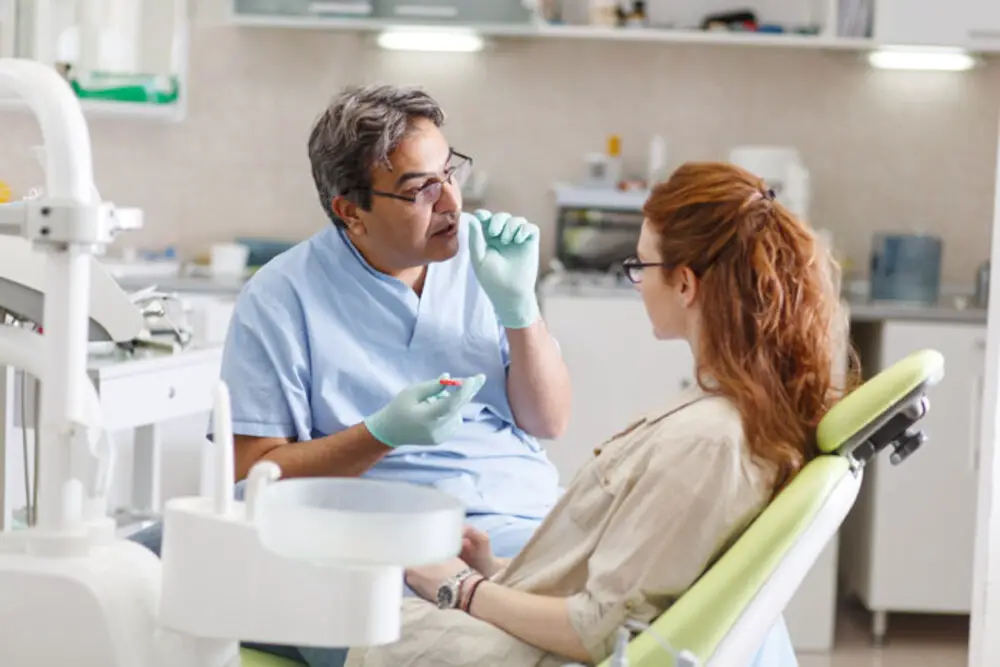
After wisdom teeth removal, it is crucial to avoid certain foods to prevent any complications and promote faster healing. Hard and crunchy foods must be avoided as they can damage the surgical site and cause pain and discomfort. These foods include nuts, chips, popcorn, and raw vegetables. Acidic foods such as citrus fruits and juices must also be avoided as they can irritate the surgical site and delay the healing process. Spicy foods and condiments like mustard and hot sauce can also cause discomfort and inflammation. Additionally, sticky and chewy foods must be avoided as they can get stuck in the surgical site and cause infection. Foods like caramel, toffee, and chewing gum must be avoided. Carbonated and fizzy drinks must also be avoided as they can cause discomfort and increase the risk of dry socket. It is essential to follow a soft food diet for the first few days after wisdom teeth removal to promote healing and prevent any complications. Soft foods like mashed potatoes, scrambled eggs, and soups are excellent options that can provide the necessary nutrients without causing any discomfort or pain.
On day 5 post wisdom teeth removal, it’s important to continue avoiding certain foods to prevent any irritation or damage to the healing area. Foods that require excessive chewing or are crunchy, such as nuts, chips, and popcorn, should still be avoided. Additionally, acidic or spicy foods like tomato sauce, hot sauce, and citrus fruits can cause discomfort and delay the healing process. Sticky or chewy foods like caramel or taffy can also get stuck in the extraction site and should be avoided. It’s best to stick to soft, easy-to-chew foods like eggs, mashed potatoes, and yogurt until the area has fully healed.
After wisdom teeth removal surgery, certain foods should be avoided to avoid irritating the surgical site and promote healing. Foods that are hard, crunchy, or chewy can cause discomfort, damage, or dislodge the blood clot forming in the socket, leading to a painful condition called dry socket. Therefore, patients should avoid foods like nuts, popcorn, chips, and tough meats. Additionally, acidic or spicy foods can also irritate the wound and delay healing. So, it’s better to avoid citrus fruits, tomato sauce, vinegar, and hot sauce. Sugary and sticky foods like candy, caramel, and gum should also be avoided as they can stick to the surgical area and promote bacterial growth, leading to infection. It’s better to stick to soft, nutritious, and easy-to-digest foods like soups, mashed potatoes, yogurt, and smoothies to promote healing and avoid complications.
Tips for Eating on Day 5 Post Wisdom Teeth Removal
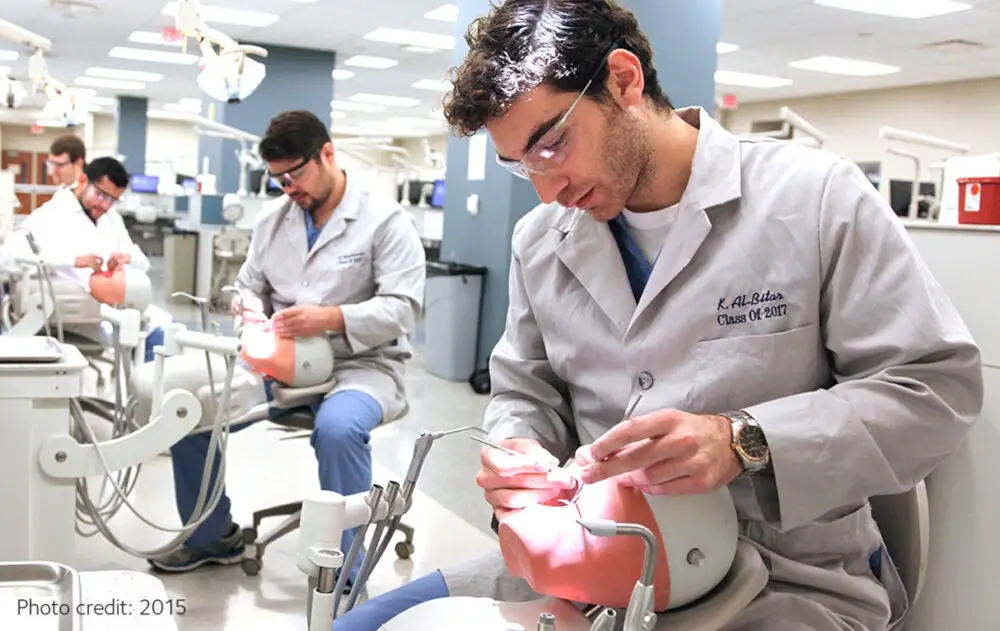
After undergoing wisdom teeth removal, it is crucial to follow a strict diet plan to ensure proper healing and avoid any complications. On the fifth day post-surgery, it is important to continue consuming soft and easy-to-chew foods. Foods that require a lot of chewing or are too hot or spicy can cause discomfort and pain. Aim for a balanced diet that includes protein, vitamins, and minerals to facilitate the healing process. Some great options for day five include scrambled eggs, mashed potatoes, smoothies, and yogurt. These foods are soft and easy to eat while still providing essential nutrients. It is important to avoid crunchy and hard foods such as nuts, chips, and popcorn, as well as acidic and sugary foods like citrus fruits and candies. Consuming these foods can lead to pain, swelling, and infection. Drinking plenty of water is also important to stay hydrated and help flush out any debris from the surgery site. By following these tips, you can ensure a smooth and speedy recovery after wisdom teeth removal.
After wisdom teeth removal surgery, eating can be a challenging task due to pain and swelling. Therefore, it is essential to modify your eating habits to ensure a more comfortable and easy experience. Firstly, it is recommended to choose soft, easy-to-chew foods such as mashed potatoes, scrambled eggs, and soups. Secondly, avoid hot and spicy foods, as they can irritate the surgical site. Instead, try to eat cold or room temperature foods, such as smoothies or yogurt. Additionally, ensure that you stay hydrated by drinking plenty of water and avoiding sugary or carbonated drinks. Finally, take your time while eating, and avoid using straws, as they can disrupt the healing process. By following these simple tips, you can make eating after wisdom teeth removal a more pleasant experience.
After getting your wisdom teeth removed, it’s important to follow instructions to avoid causing pain or discomfort while eating. Firstly, choose soft and easy-to-chew foods such as mashed potatoes, yogurt, scrambled eggs, smoothies, and soups. Avoid hard, crunchy, and sticky foods like nuts, chips, candies, and chewing gum that can easily get stuck in the extraction site and cause irritation. Use a spoon or fork to eat and avoid using straws, as the suction can dislodge the blood clot and cause dry socket. Take small bites, chew slowly, and avoid opening your mouth too wide to prevent stretching the stitches. Also, make sure to rinse your mouth gently with saltwater after eating to keep the area clean and promote healing.
A soft foods diet is crucial after wisdom teeth removal as it helps to prevent complications, minimize pain, and promote faster healing. By consuming soft foods, individuals avoid the risk of damaging the surgical site, which can delay the healing process. Soft foods also make it easier to maintain oral hygiene as they are less likely to get stuck in the sockets or irritate the area. Moreover, a soft foods diet can provide the necessary nutrients and calories required for recovery without causing discomfort or inflammation. Overall, following a soft foods diet is an essential aspect of postoperative care that can significantly improve the healing process and ensure a smooth recovery.
Following the guidelines for a healthier recovery after wisdom teeth removal is crucial to minimize discomfort and ensure a speedy recovery. While it may be tempting to indulge in your favorite foods, it’s important to avoid hard, crunchy, and chewy foods that can irritate the surgical site. Instead, choose soft and easy-to-eat foods that are rich in nutrients and vitamins to aid in the healing process. Remember to stay hydrated and avoid smoking or drinking alcohol as they can delay the healing process. By following these guidelines, you can reduce the risk of complications and promote a healthy recovery.
Conclusion

In conclusion, following a proper diet is crucial after wisdom teeth removal to ensure speedy recovery and avoid any complications. While it may be tempting to indulge in your favorite foods, it’s important to stick to soft, nutrient-dense options that are easy to swallow and won’t irritate the surgical sites. Some great options include yogurt, mashed potatoes, scrambled eggs, smoothies, and soups. Remember to avoid crunchy, spicy, or acidic foods as they can cause discomfort and slow down the healing process. By following these dietary guidelines, you’ll be on your way to a speedy recovery and enjoying your favorite foods again in no time.
